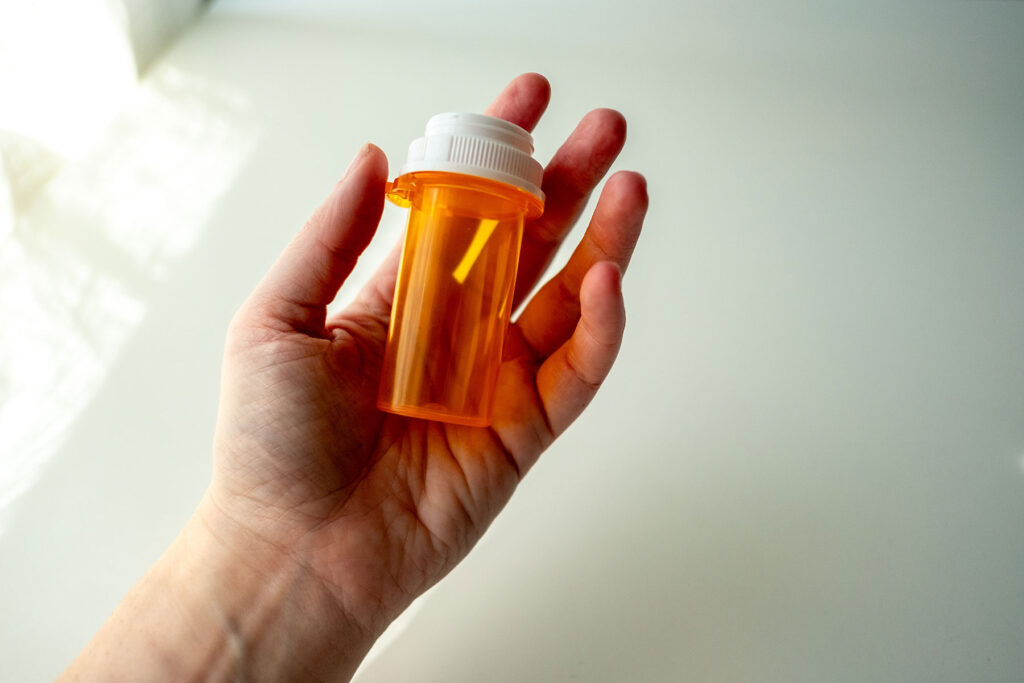In the intricate and often heart-wrenching world of substance use and recovery, understanding the difference between opioids vs. opiates is frequently shrouded in confusion and misconception. The distinction between these two classes of drugs is more than just academic; it holds profound implications for treatment, policy-making, and personal journeys toward healing.
At QuickSilver Counseling Center, our opioid addiction treatment program addresses this complexity with a sensitive, informed approach. We recognize that each person’s experience with opioids and opiates is unique, requiring tailored solutions that respect both the individual and the substance. Our program is not just about addressing the physical aspects of addiction; it delves into the emotional and psychological layers, understanding that healing is a holistic process. To learn more, call us at 888.477.8941.
Understanding Opioids vs. Opiates
The journey to understanding the difference between opioids and opiates often starts in a place of need, either for oneself or a loved one. It’s a path filled with complexities, where knowledge can not only enlighten but also offer a beacon of hope in navigating these often misunderstood substances.
So, what’s the difference between opioids vs. opiates, two terms that are frequently used interchangeably? They each have distinct differences that are important to understand. This understanding can empower individuals and their families to make informed decisions about their health and well-being.
The Difference Between Opioids and Opiates
The primary distinction between opioids and opiates lies in their origin and composition. Opiates are natural substances derived from the opium poppy plant. They are extracted directly from the poppy and have been used for centuries, both for medicinal and recreational purposes.
On the other hand, the broader category of opioids includes naturally derived opiates and also synthetic or semi-synthetic substances. These are chemically engineered in laboratories and designed to produce effects similar to natural opiates. Opioids are often prescribed for pain relief but have a high potential for abuse and addiction.
Types of Opiates vs. Opioids
Understanding the various drugs within the categories of opiates vs. opioids is crucial, as each type has specific uses, strengths, and risks.
Opiates
Opiates include:
- Morphine – Often used in hospital settings for severe pain.
- Codeine – Found in some prescription cough syrups and used for mild pain relief.
- Opium – Derived directly from the opium poppy, it has a long history of use and abuse for its pain-relieving and euphoric effects.
Opioids
Opioids, which cover a broader range, include:
- Fentanyl – An extremely potent synthetic opioid, often used in chronic pain management or post-surgery pain relief. It is also illicitly manufactured and associated with a high risk of overdose.
- Oxycodone (OxyContin) – A semi-synthetic opioid used for managing chronic or severe pain.
- Hydrocodone (Vicodin) – Another semi-synthetic opioid, often prescribed for pain relief after dental surgery or injury.
- Methadone – Used in the treatment of opioid dependence, though it is also an opioid itself.
- Heroin – Originally created as a pain medication, this semi-synthetic opioid is now infamous for its high potential for addiction and is illegal in many countries.
These types demonstrate the varying degrees of potency, medical application, and potential for abuse inherent in each medication. Understanding them helps in making informed decisions about their use and recognizing their risks, especially in terms of addiction and dependency.
Contact QuickSilver Counseling Center for Opioid Addiction Treatment
For those struggling with the complexities of opioid or opiate use, either personally or within their circle, QuickSilver Counseling Center offers a compassionate and knowledgeable resource. Our team understands the nuanced challenges posed by these substances and is dedicated to providing support and guidance tailored to each individual’s needs.
At QuickSilver Counseling Center, we believe in a holistic approach to recovery and wellness. Our services range from medication-assisted treatment (MAT), therapy, and counseling to providing educational resources and support groups. Our aim is to empower individuals and families with the knowledge and tools necessary for healing and a return to a life of well-being and fulfillment. Call us at 888.477.8941 or contact us online to start now.

